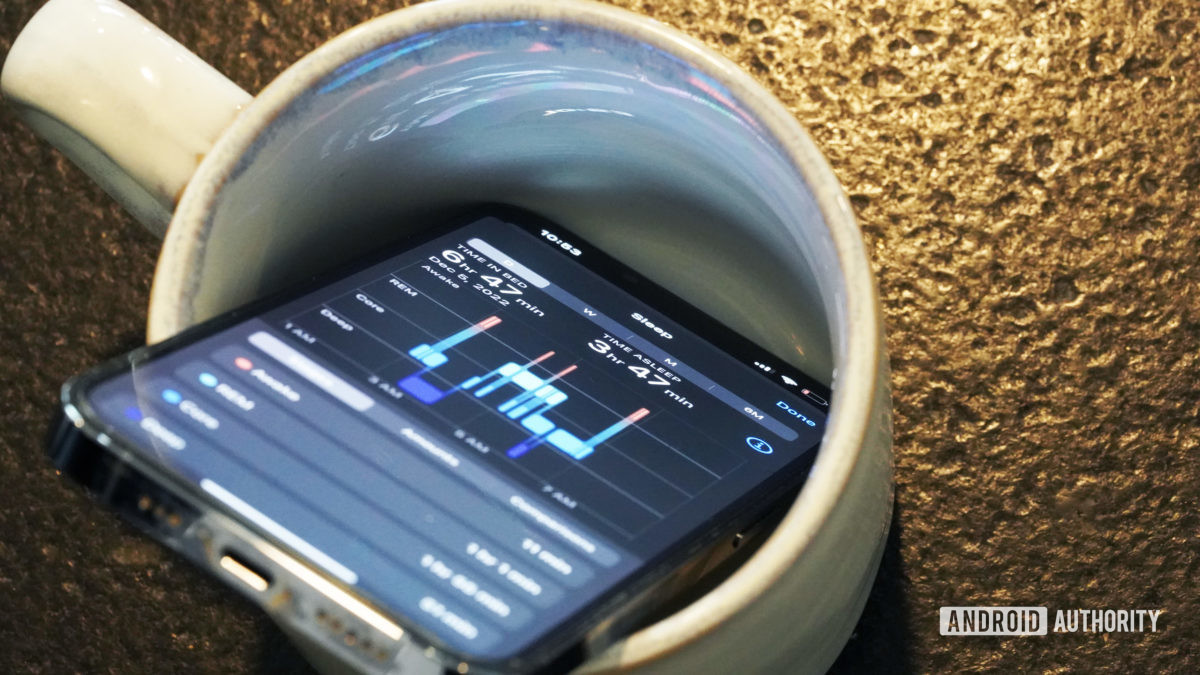
I don’t sleep much. While I understand the world functions by daylight, I’ve always found my most productive hours start at a low light setting. Maybe fairytales shouldn’t make midnight sound like such an exciting hour to be losing shoes. When I do make my way to bed, I like to lie awake staring at the ceiling, contemplating pressing matters like “what would my shins look like if I were six feet tall instead of five?” As a wearables enthusiast, I don’t just know this about myself, I have the sleep-tracking data to show for it.
Deeply motivated by grade-based performance, I became obsessed with improving my sleep score because, as everyone knows, there’s no quicker way to quality sleep than stressing about it. Needless to say, I still don’t sleep a whole lot, but I have learned how sleep tracking helps, and how it sometimes doesn’t.